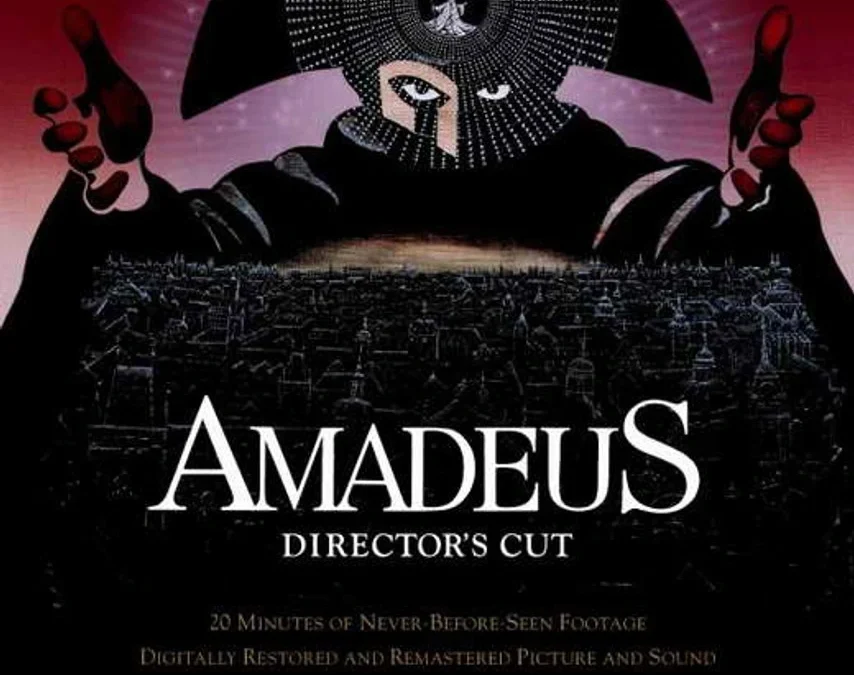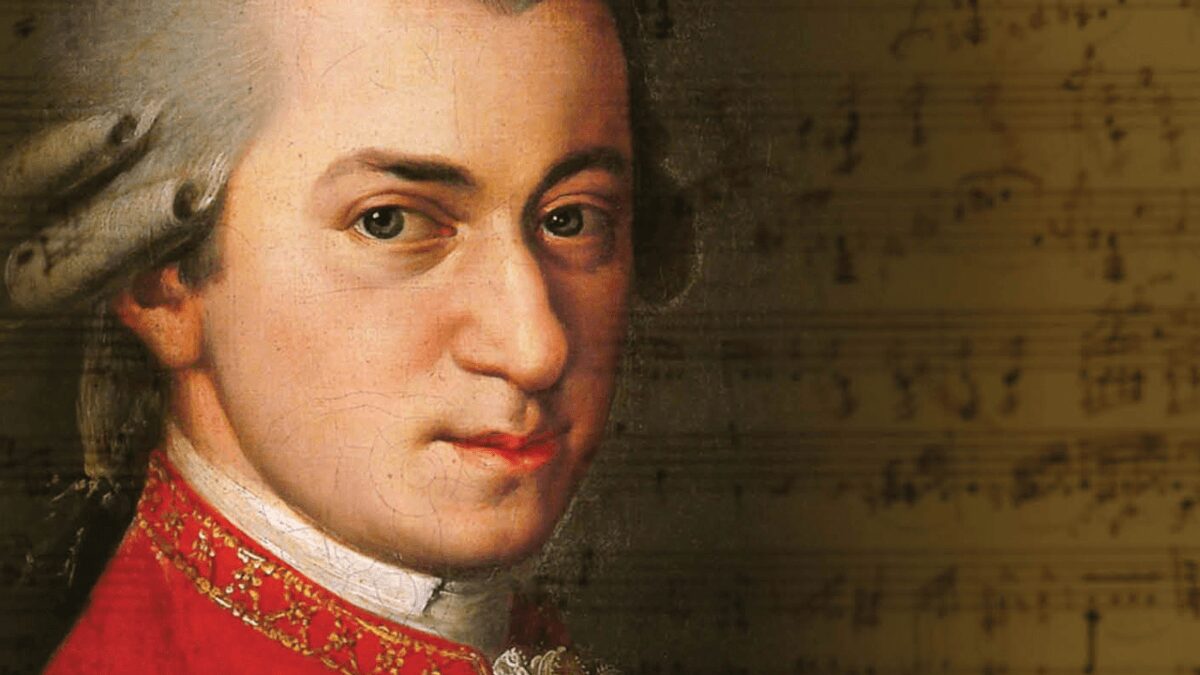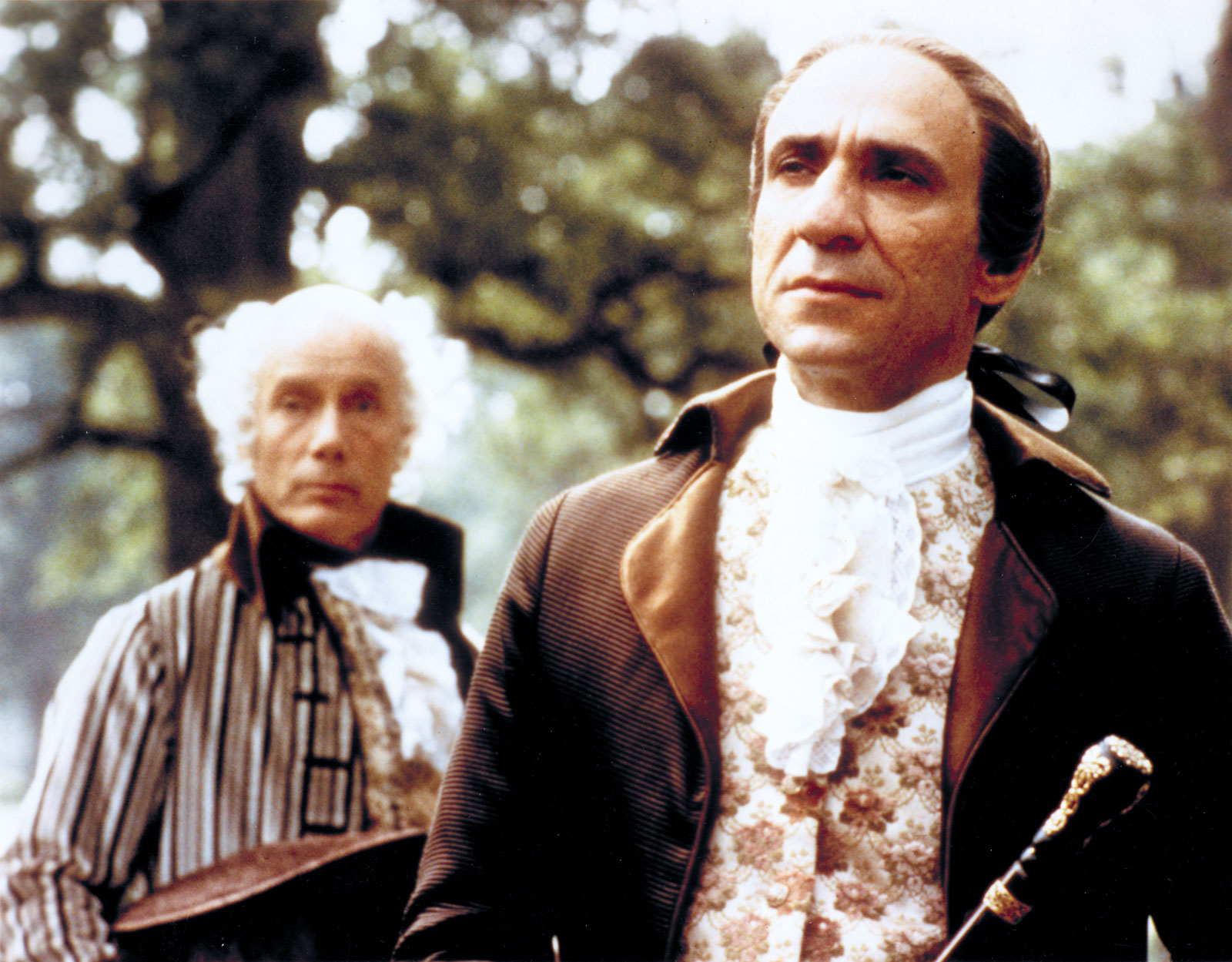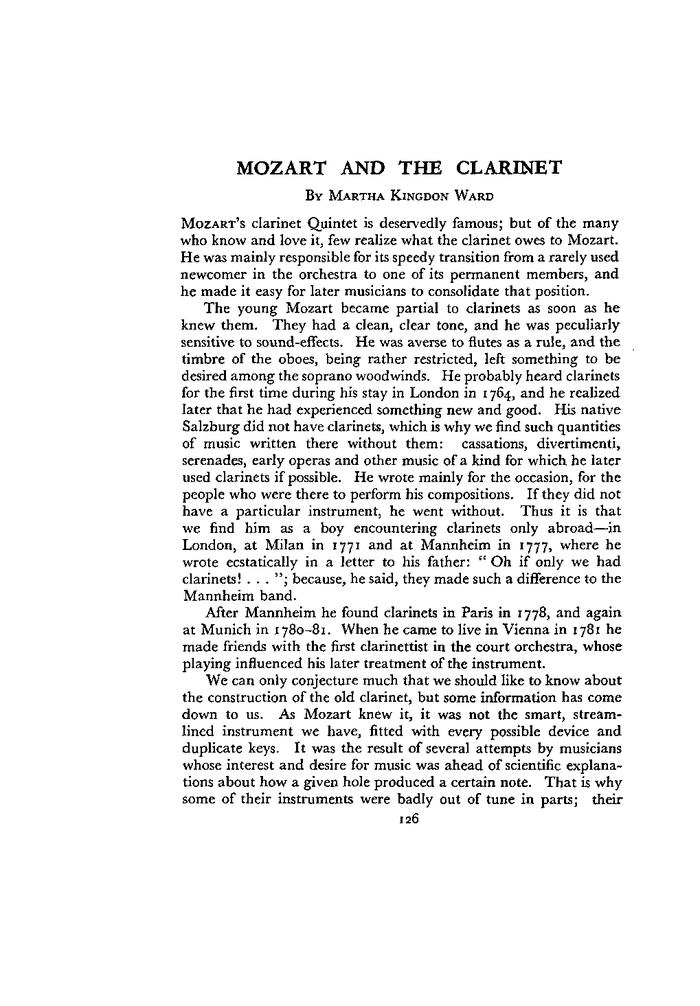Miloš Forman’s Amadeus (1984) is a cinematic masterpiece that delves into the tumultuous relationship between Wolfgang Amadeus Mozart and Antonio Salieri. This film review explores the intricate dynamics of genius and envy, as portrayed by Tom Hulce and F. Murray Abraham, set against the opulent backdrop of 18th-century Vienna
After many years since the first viewing, I just watched Milos Forman’s Amadeus (Director’s Cut) last night. I mainly wanted to confirm my initial impression of Tom Hulce’s portrayal of Mozart as more than just helium laughs, farcical. In contrast, actors F. Murray Abraham, Solieri, and Tom Hulce’s Mozart are readily apparent. Was this contrast more an indication of acting understanding or lack thereof, or prescribed by the screenplay and director? Was Mr. Hulce’s full-throttle performance as the ribald, mercurial prodigy Amadeus Mozart spot on, or a design of the script to create a stark contrast between protagonists? Salieri’s elevated social standing in Vienna was equal to his celebrity status as a musical artist. He taught many composers, including Ludwig van Beethoven, Carl Czerny, Giacomo Meyerbeer, Franz Schubert, and Franz Liszt. Salieri also taught Mozart’s son, Franz Xaver. Salieri’s music slowly disappeared from the repertoire between 1800 and 1868 and was rarely performed after that period, until its revival of fame in the late 20th century. This revival was due to the fictionalized depiction of Salieri in Peter Shaffer‘s play Amadeus (1979) and its 1984 film version. The death of Wolfgang Amadeus Mozart in 1791 at the age of 35 was followed by rumors that he and Salieri had been bitter rivals and that Salieri had poisoned the younger composer, yet this has been proven false. They were likely, at least, mutually respectful peers.
When one reads the historical record about the early behavior of pre-teen, teenager, and early adult Mozart, the casting seems more than an apt representation.
The Jury is no longer out, and the casting choices for two experienced stage actors, who were previously not well known for these roles in Amadeus, were beyond clever. Mozart was a slight man and plain of face. Tom Hulce could read music, was an experienced stage actor, and was more than ready for a role like Mozart. A renowned leading film actor could not have portrayed Mozart.
Johannes Chrysostomus Wolfgangus Theophilus Mozart was born on January 27th, 1756, in Salzburg, Austria, and by the age of five, he’d already written his first composition. At the same time, in 1762, the Mozart children performed at the Hall of Mirrors within Schönbrunn Palace in front of Maria Theresa. After the concert, little Mozart jumped straight onto the monarch’s lap to hug and kiss her. Such shocking behavior instantly made the child prodigy the talk of the town.
Six years later, in 1768, Maria Theresia granted the then 12-year-old Mozart a two-hour audience at the Imperial Palace, where the Habsburgs resided. His performance was so outstanding that he followed it up with a second concert in honor of the Duke of Württemberg in the autumn of 1781. That year, he was privileged enough to be invited to spend Christmas Eve at the Imperial Apartments with Emperor Joseph II, Maria Theresia’s son.
Mozart’s early talent for music was remarkable. At three, he picked out chords on the harpsichord; at four, he played short pieces; at five, he composed. There are anecdotes about his special memory of pitch, his scribbling a concerto at the age of five, and his gentleness and sensitivity (he was afraid of the trumpet). Just before he was six, his father took him and Nannerl, also highly talented, to Munich to play at the Bavarian court, and a few months later, they went to Vienna and were heard at the imperial court in noble houses.
Together, Hulce and Abraham breathe life into Forman’s Amadeus, creating a film that transcends historical fiction and offers a timeless exploration of talent, ambition, and the human condition.
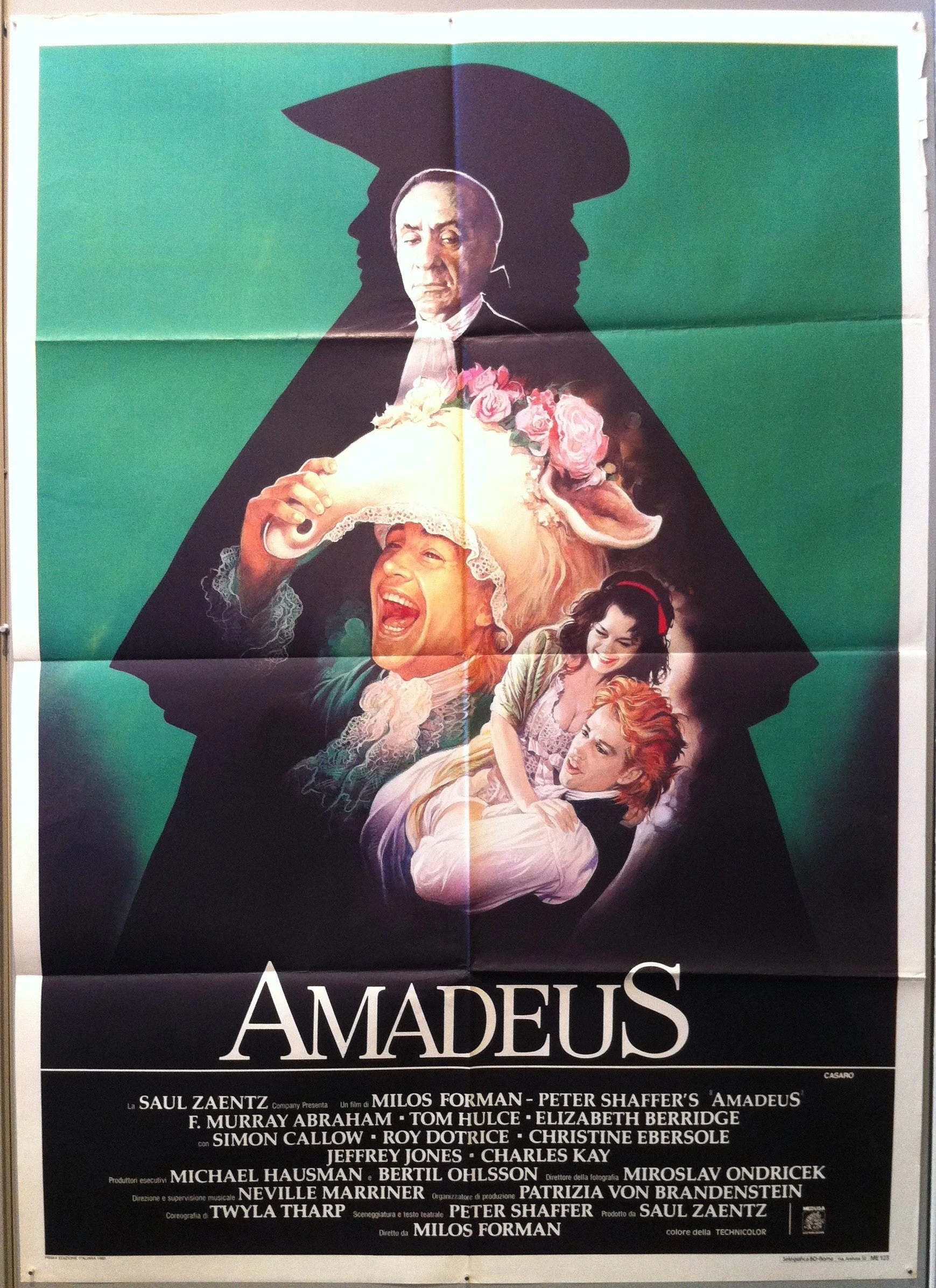
”The role of Salieri is possibly the most flashy stage of the last decade,” Mr. Forman said. ”It offers great opportunities for broad, stylized, flowery acting. But that wouldn’t do on screen. I felt in the movie, all the intensity of Salieri’s obsession had to be reflected in the actor’s face. Murray had that quality from the very first reading.”
CASTING THE COVETED ‘AMADEUS’ ROLES
Wolfgang Amadeus Mozart – Pianist & Composer | Mini Bio | BIO
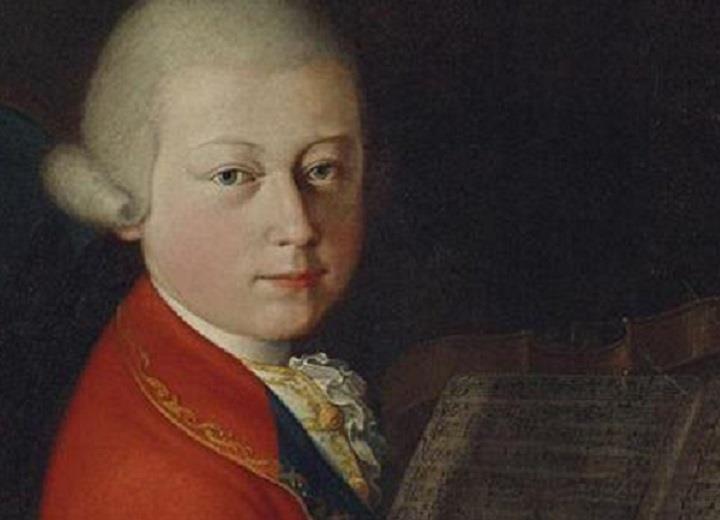
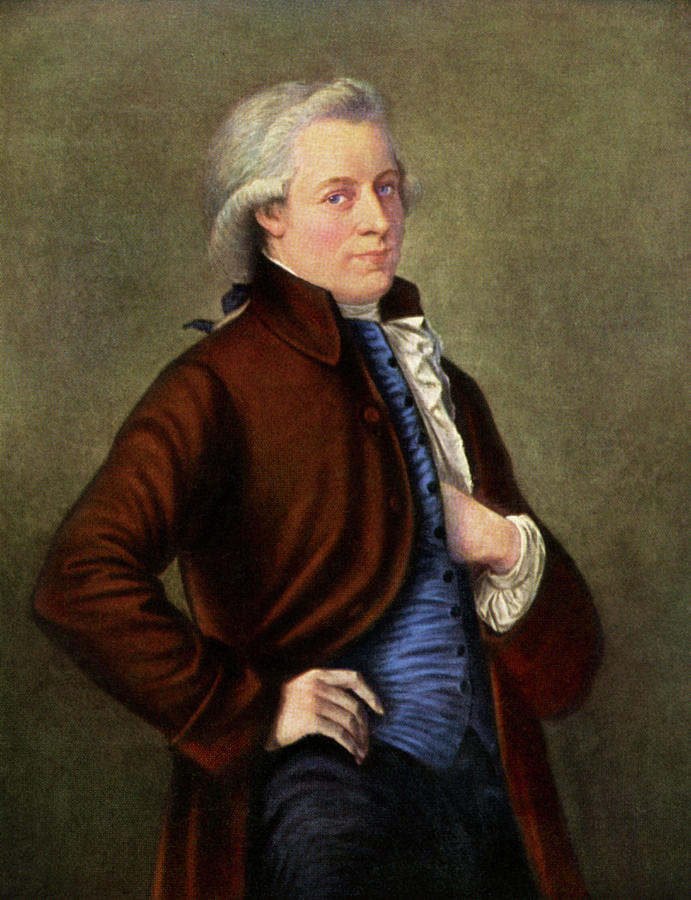
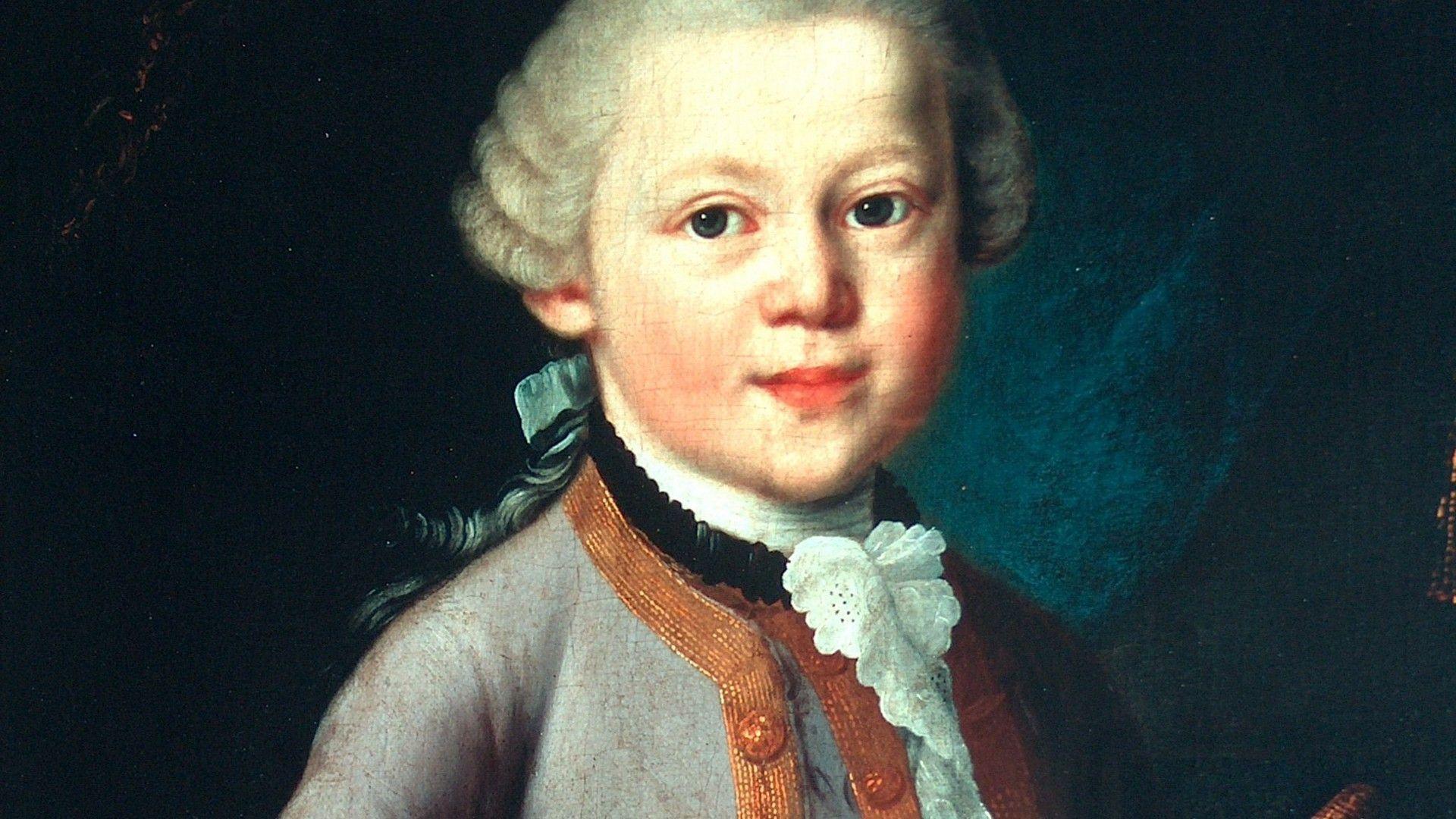
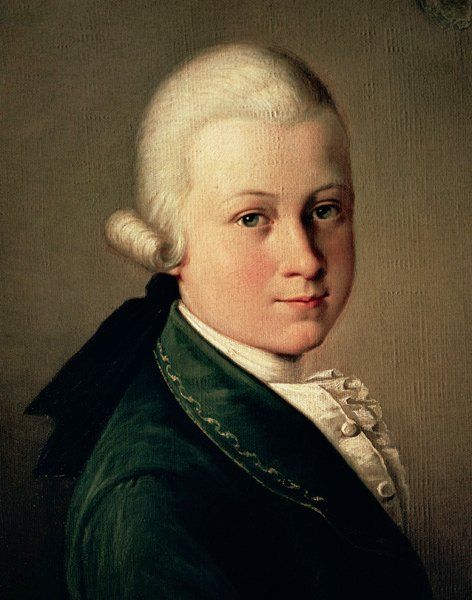
Why Is Mozart Genius?
This video looks at why Mozart is widely considered as a genius – the greatest musical genius to walk this Earth Musical examples used include: Mozart – Piano Concerto in C major, no. 21, Andante Mozart – Eine Kleine Nachtmusik Mozart – Piano Sonata in C major, K545 Mozart – Symphony no. 40 Mozart – Rondo alla Turca Mozart – Flute and Harp Concerto, Movement 2 Mozart – ‘Gran Partita’ Wind Serenade in Bb Mozart – Kyrie from the Great Mass in C minor
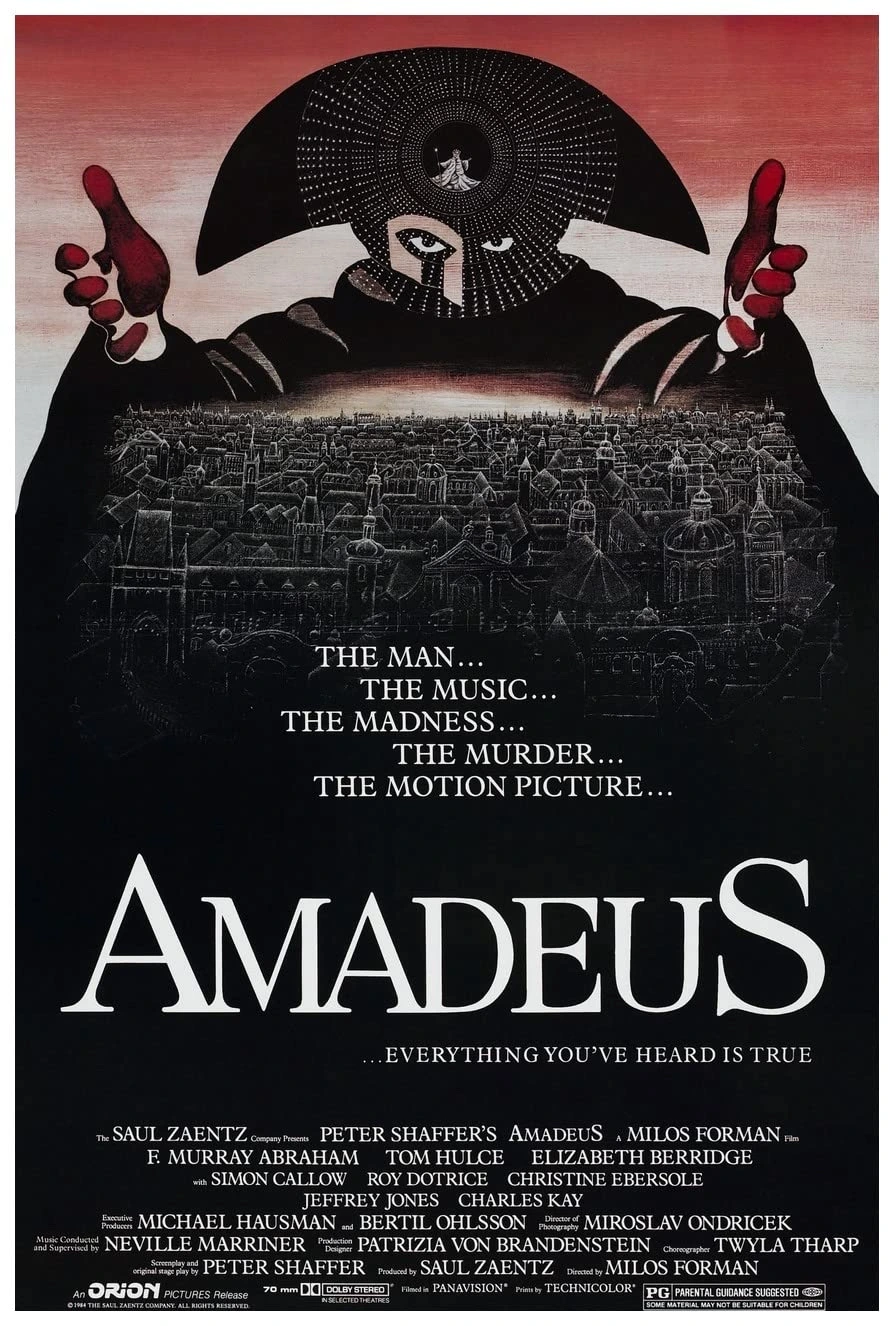

Write Like Mozart: An Introduction to Classical Music Composition
This course introduces students to strategies for style writing of common practice European art music. The issues of harmonic progression, voice leading, and texture are addressed in addition to relevant compositional concepts like repetition, variation, and elaboration. The course aims to offer a creative space even within the restrictions of stylistic emulation.
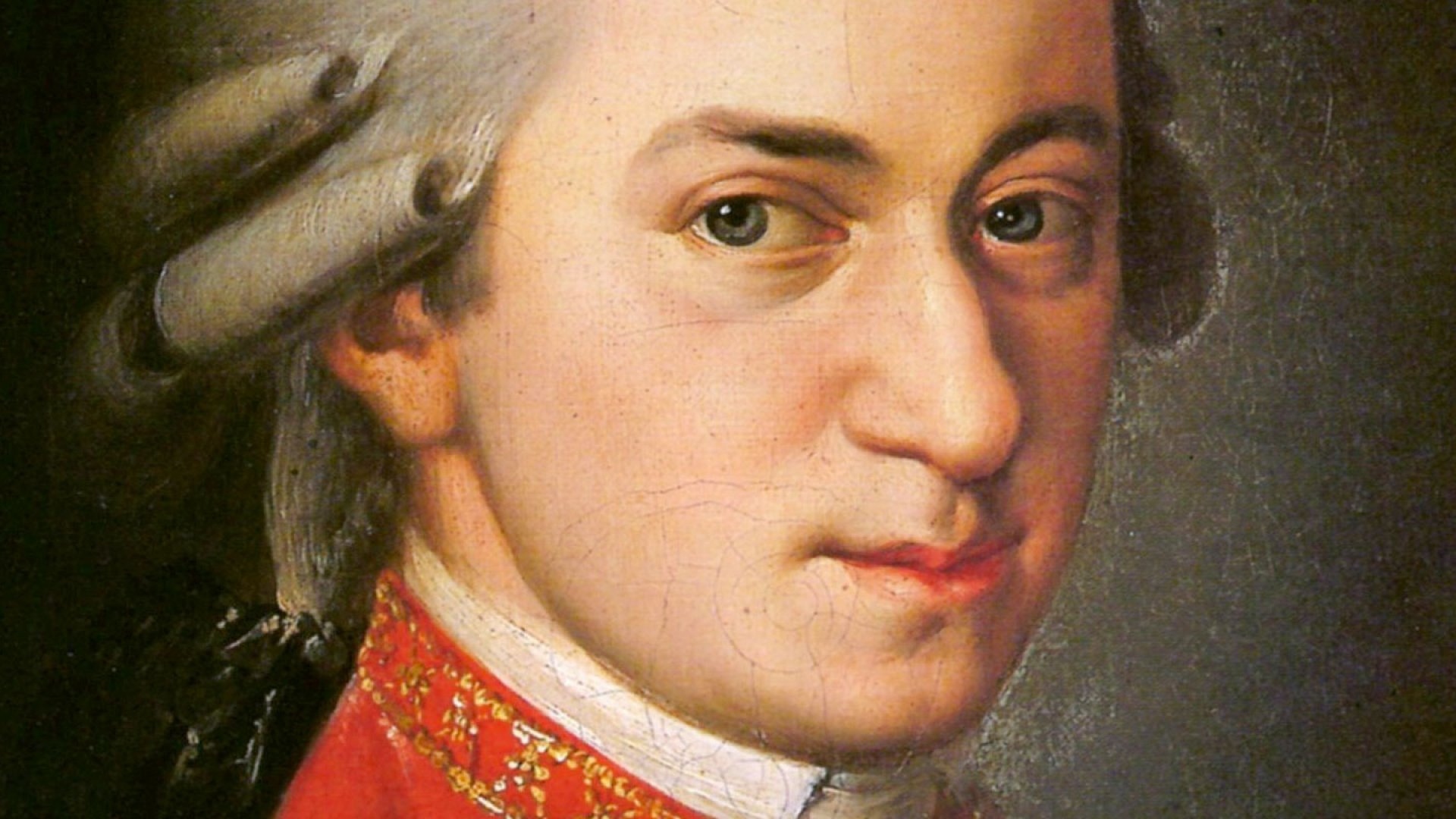
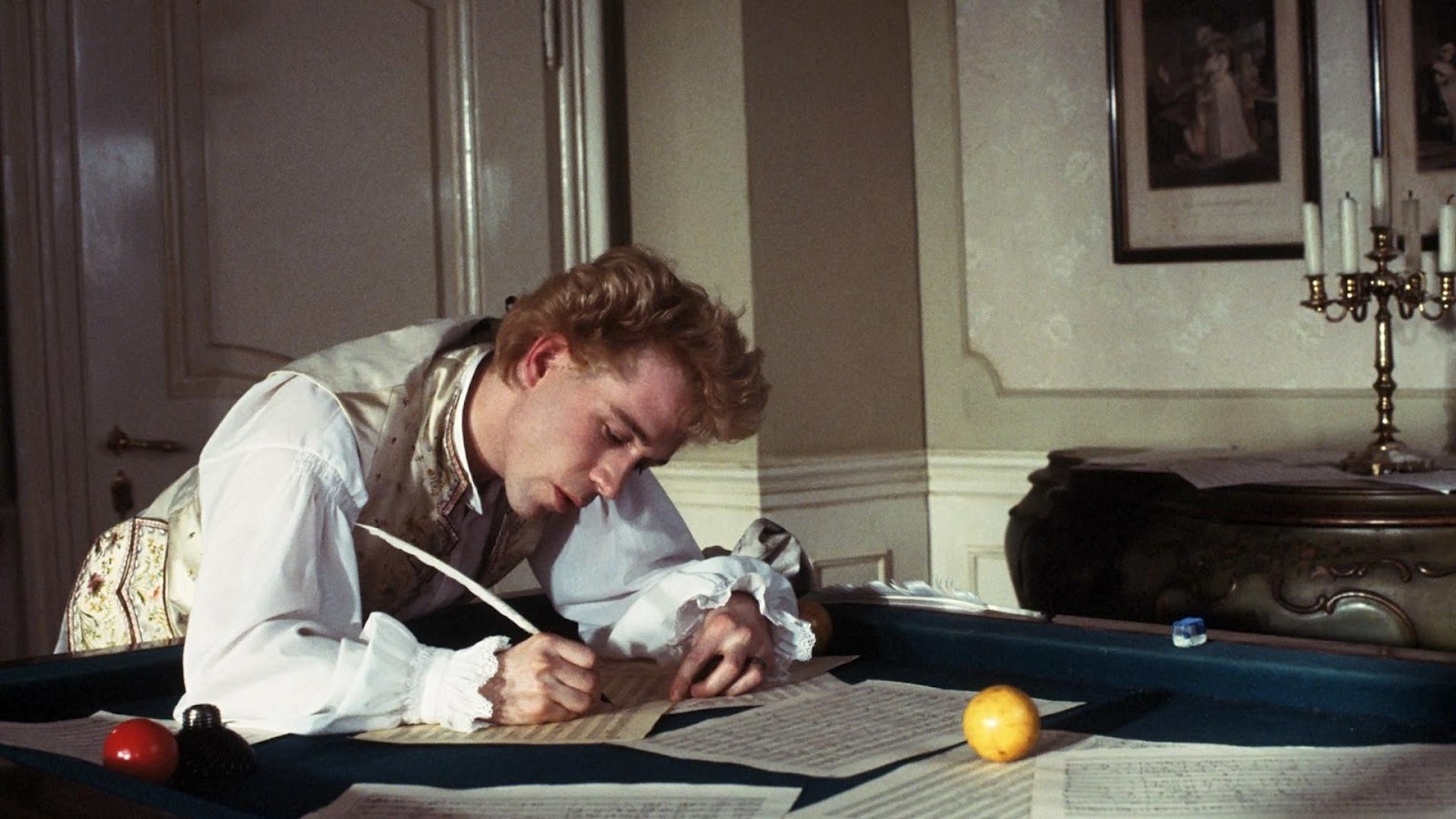
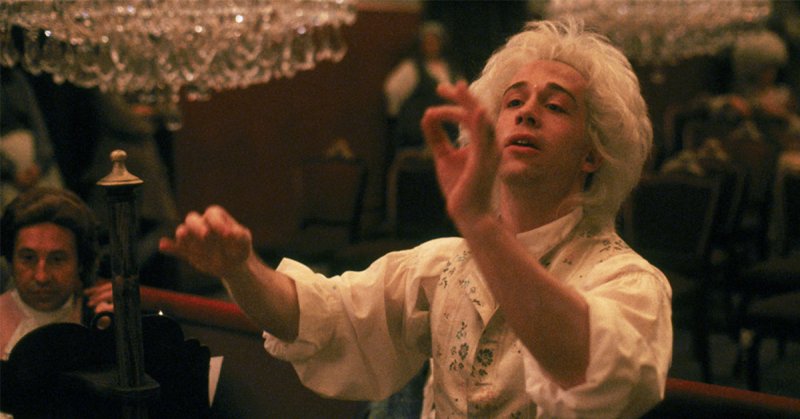
Amadeus, the most beautiful scene
“A single note, hanging there, unwavering. Until a clarinet took over & sweetened it into a phrase of such delight!”
Wolfgang Amadeus Mozart (#BOTD)
Amadeus (1984, Milos Forman)
Actors: F. Murray Abraham & Tom Hulce pic.twitter.com/9t4ODlgAsm— DepressedBergman (@DannyDrinksWine) January 27, 2020

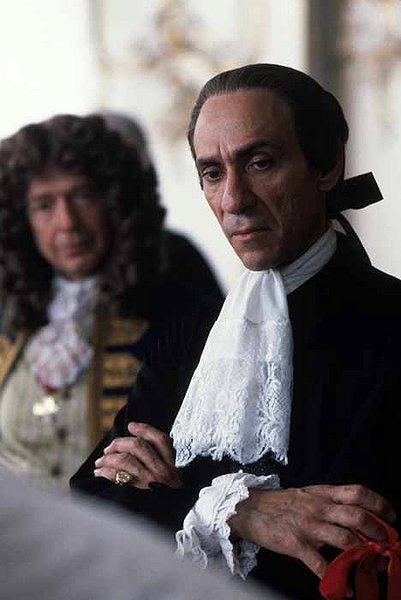
That was Mozart – Amadeus
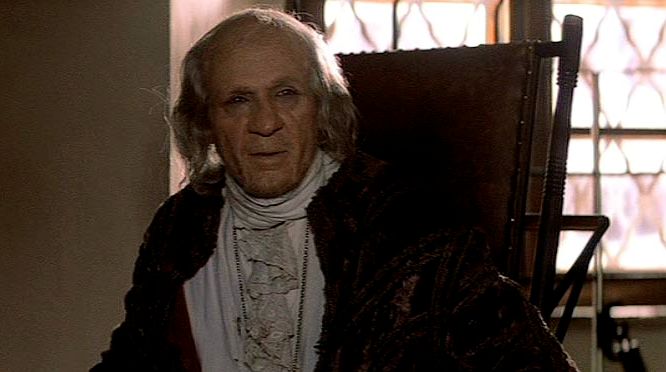
Movie
Amadeus(1984) – “He was my idol”
Confutatis Amadeus movie plus scrolling music score
From Amadeus’s best clip ever. Mozart’s Requiem is one of the most well-known musical compositions in the world, and Confutatis is a very good example of much of the musical technique that Mozart used that made him and many other musicians so successful. We are in 1791, and Mozart has been seriously ill for over a year. Since he believes he has been poisoned with Aqua Tofana (a very slow poison) and thus sensing his end, he decided to compose his own Requiem.
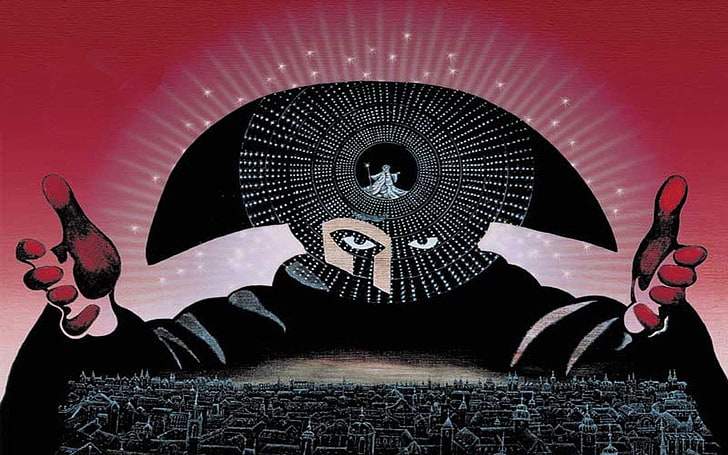
Wolfgang Amadeus Mozart: Clarinet Concerto in A major, K.622
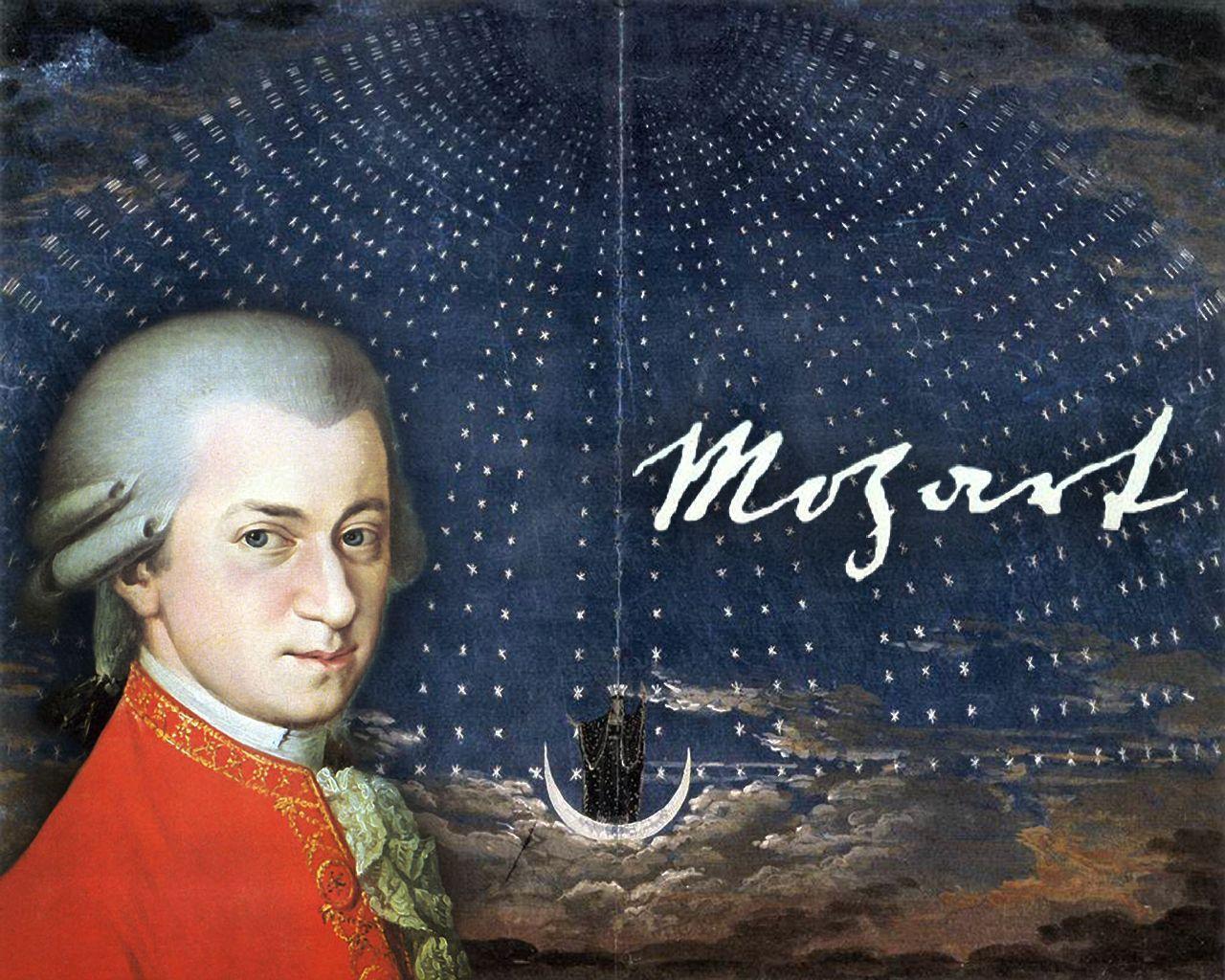

NEW Bose QuietComfort Ultra Wireless Noise Cancelling Earbuds, Bluetooth Earbuds with Spatial Audio and World-Class Noise Cancellation, Black
CR’s Take
OVERALL SCORE
73
CR RECOMMENDED
WIRELESS PORTABLE HEADPHONES
OnePlus Buds Pro Headphone
This wireless Bluetooth model from OnePlus delivers very good sound quality and active noise reduction, combining elements of in-ear and earbud earphones. These earphones have an isolating design and an ambient sound monitoring feature; they will provide some muffling and electronic canceling of external noises and reduce the amount of sound that escapes from the earpieces. As such, they are best for those who want highly portable earphones that reduce the noise they hear from their surroundings or don’t want the sound from the earpieces to disturb others.

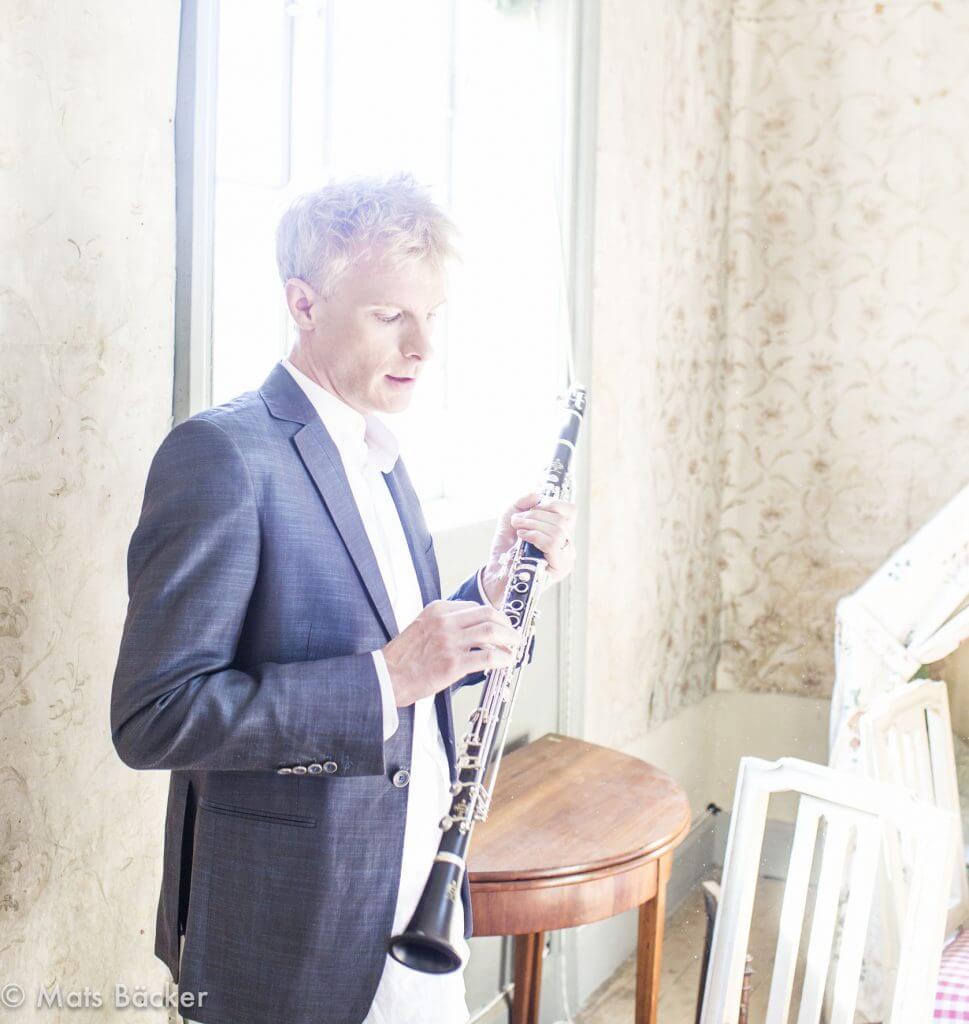
Martin Fröst, Mozart Clarinet Concerto part 1
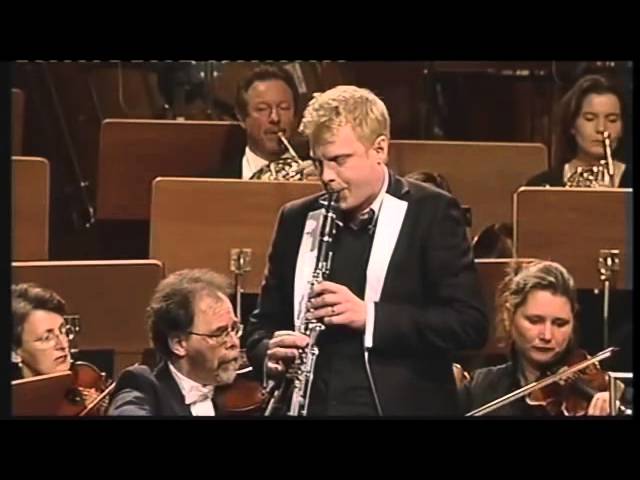
Martin Fröst plays Mozart Clarinet Concerto part 2


Martin Fröst, Mozart Clarinet Concerto part 3
Music in this video
https://www.coolmediallc.com/martin-frost-elevates-clarinet-to-front-of-the-house/
Mozart’s lost clarinet – documentary
Song
Artist
Album
Licensed to YouTube by
Mozart – Clarinet Concerto [Sharon Kam]
Soloist: Sharon Kam – Basset Clarinet Performers: Czech Philharmonic Orchestra / Manfred Honeck Recorded live at the Estates Theatre, Prague, 27 January 2006 With the excellent Sharon Kam on the clarinet – since emerging as the most exciting young clarinetist on the international scene when she won the top prize at the Munich (ARD) International Competition, she has performed with many renowned orchestras all over the world.
Music in this video
Emily Bear was just 6 years old when she first was on the show and impressed Ellen with her piano skills. Now 17, she returned to talk about how her life has changed and took the stage with her new original song, “Dancing.”
The Next Mozart? 6-Year Old Piano Prodigy Wows All
6-year old Emily Bear has wowed audiences from the White House to her own house. Playing the piano since age 3, Emily also composes her own music. Has WGN-TV discovered the next Mozart?
https://www.coolmediallc.com/yo-yo-ma-bach-project/


